Seven party leaders, one TV debate. Admittedly, only two of them can realistically hope to call 10 Downing Street “home” after the May 7 vote. DW profiles all seven in brief, ranked by their projected share of the vote.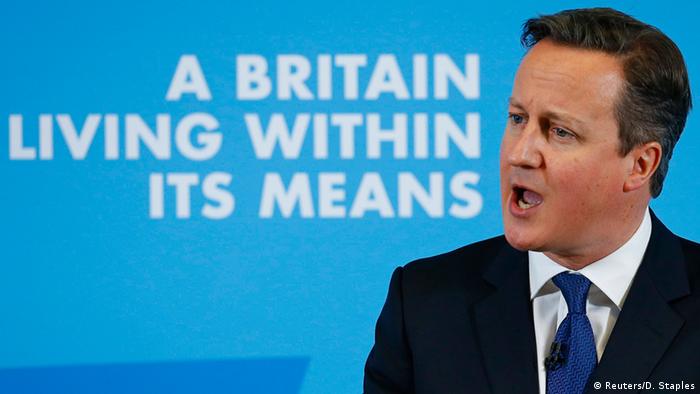
David Cameron – Conservatives
The incumbent. Slick and confident on camera, and at the podium, Cameron usually either has an answer, or can sidestep a question with aplomb. His Conservatives might be on top in the polls, but the race is tighter than ever. Look for the prime minister steering the debate towards the economy and public spending; Cameron’s trying to portray his first term as a successful economic rescue mission.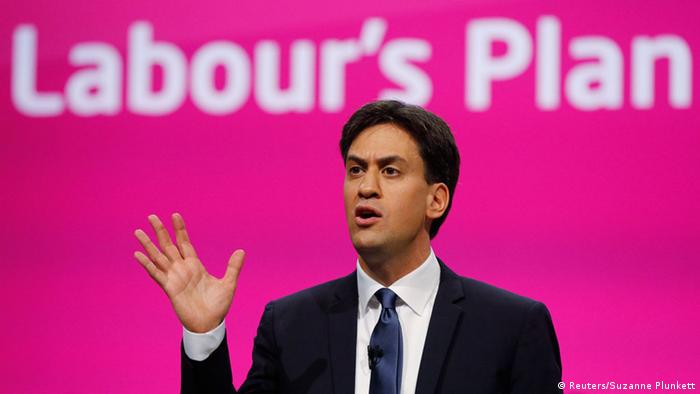
The main challenger. Another highly practiced, Oxford-educated debater – but perhaps a bit more easily provoked than Cameron. His hot-tempered interview with Jeremy Paxman last week (“Am I tough enough? Hell yes – I’m tough enough!”) betrayed as much. Miliband may focus on economic policy too, especially National Health Service spending, arguing state healthcare’s not safe in Conservative hands.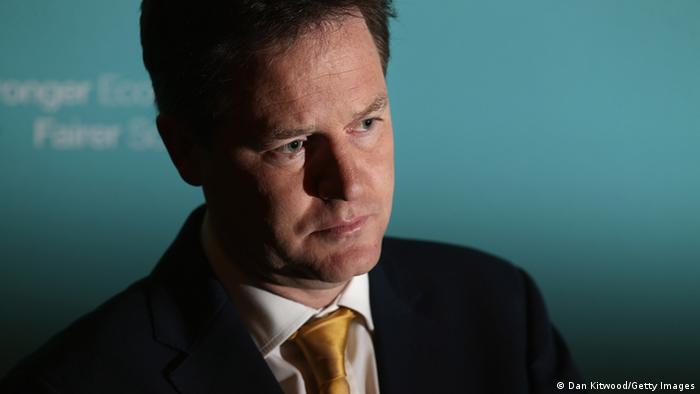
The darling of the 2010 televised debate. The “third way” that Clegg offered in that former three-party debate – a pro-EU, tax-the-rich, anti-nuclear-weapon stance somewhere to the left of Labour – helped propel the Liberal Democrats to a record haul of votes. Then, there followed the coalition with the Conservatives. Clegg remains an excellent on-air speaker, but will voters listen anymore?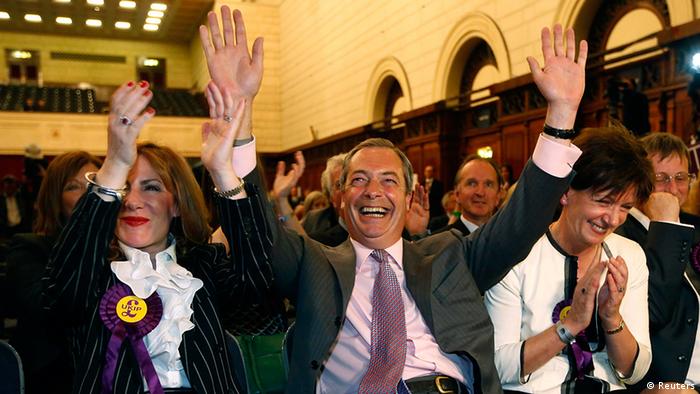
The populist. Usually appearing in newspaper interviews with a pint of bitter beer and cigarette, presumably water will have to suffice on ITV’s stage. Farage, the anti-EU campaigner, fresh from his tour of the country in a purple Jaguar in UKIP colors, may seek to portray himself as a lone straight-talker in a sea of politicians. He’ll be standing next to Labour’s Miliband, which could entertain.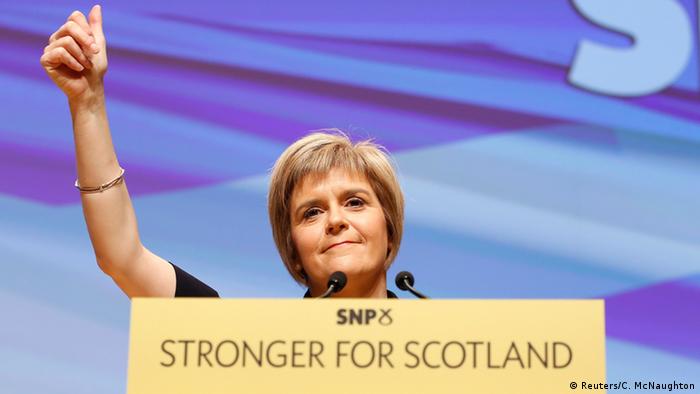
Scotland’s first minister, and leader of the SNP. Just as the SNP could be the party to watch in May, Sturgeon is a dark horse to dominate Thursday’s debate. Not so well known south of the border, she’s likely to impress the English audience. Composed and softly-spoken, but fierce when the need arises, she made mincemeat of opponents in TV debates prior to Scotland’s 2014 Independence Referendum.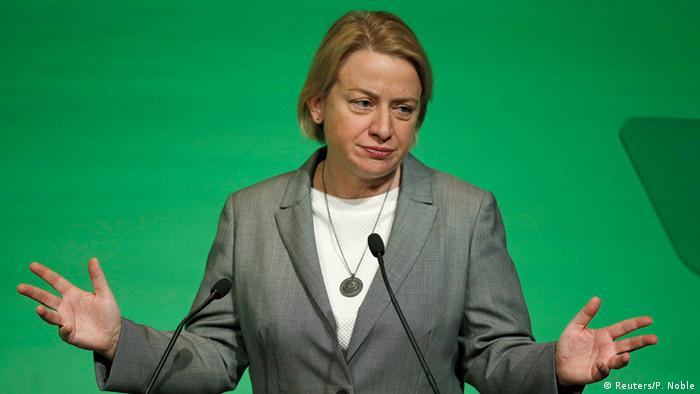
An Australian picking up Britain’s green banner. The former journalist, a London resident since 1999, has a scientific background and is strong on core ecological issues. The Greens look set for a record haul of votes, but Bennett might be out for redemption on Thursday. A recent London radio interview on economic policies backfired spectacularly; even Bennett called it “absolutely excruciating.”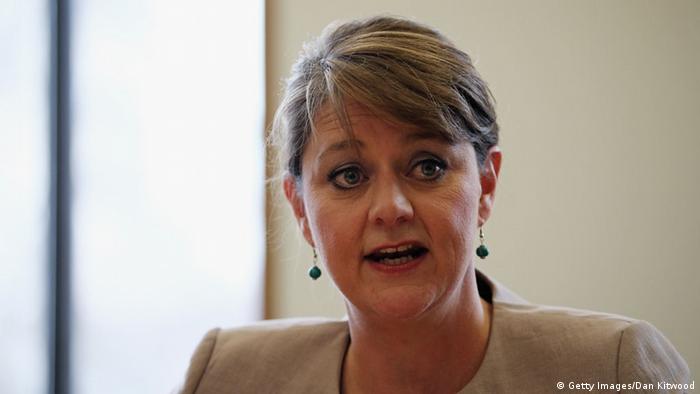
The first female leader of Welsh nationalists Plaid Cymru. Wood, a republican and socialist, has close ties to Sturgeon’s SNP; she spoke at their last annual conference. A member of Wales’ parliament since 2003, Wood became the first politician to be ordered to leave the chamber. Her 2004 offense? Referring to the Queen as “Mrs. Windsor” in a debate. (“I called her that because that’s her name.”)
Like this:
Like Loading...
Related






































